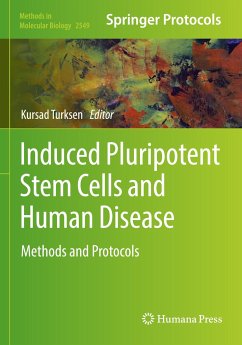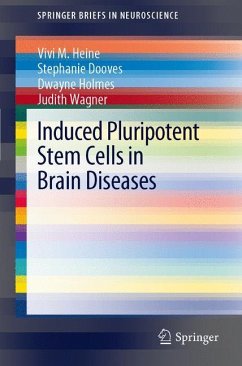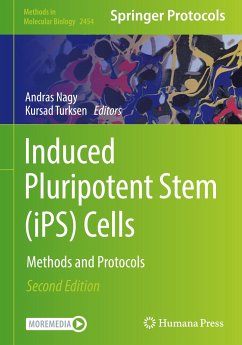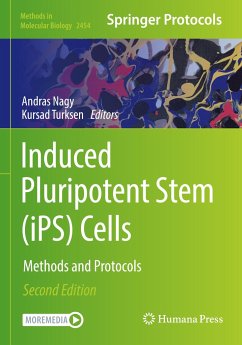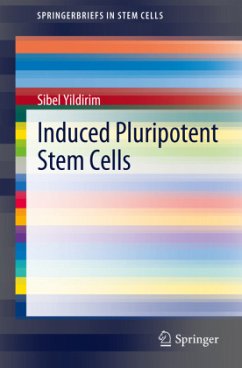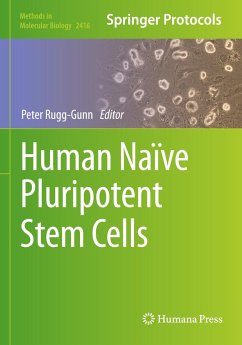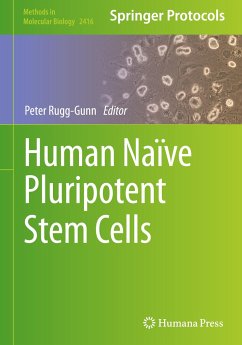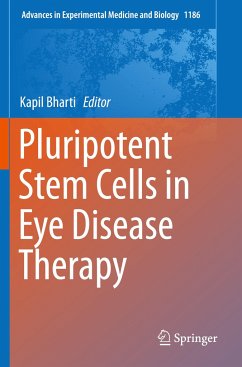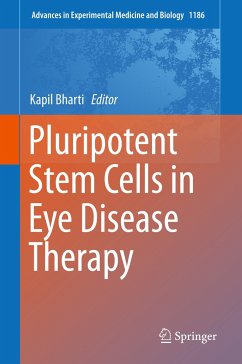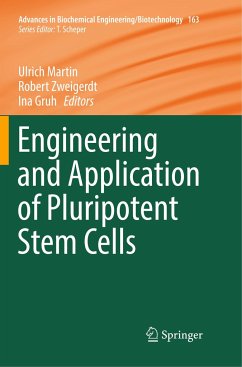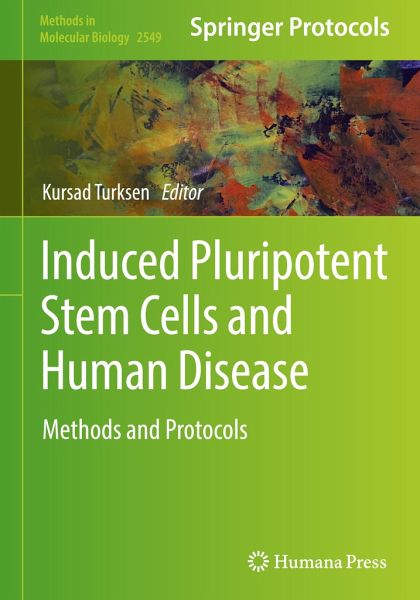
Induced Pluripotent Stem Cells and Human Disease
Methods and Protocols
Herausgegeben: Turksen, Kursad

PAYBACK Punkte
65 °P sammeln!
This detailed volume presents a series of protocols that are representative of recent developments and improvements in induced pluripotent stem cells (iPS cells) and corresponding human disease models. Reflecting the latest technology for generating induced pluripotent stem cells (iPS cells) and their initial characterization, the book explores techniques invaluable both for studies of disease-specific cell types and for their potential applications in regenerative medicine. Written for the highly successful Methods in Molecular Biology series, chapters include introduction to their respective...
This detailed volume presents a series of protocols that are representative of recent developments and improvements in induced pluripotent stem cells (iPS cells) and corresponding human disease models. Reflecting the latest technology for generating induced pluripotent stem cells (iPS cells) and their initial characterization, the book explores techniques invaluable both for studies of disease-specific cell types and for their potential applications in regenerative medicine. Written for the highly successful Methods in Molecular Biology series, chapters include introduction to their respective topics, lists of the necessary materials and reagents, step-by-step and readily reproducible laboratory protocols, as well as tips on troubleshooting and avoiding known pitfalls.
Authoritative and practical, Induced Pluripotent Stem Cells and Human Disease: Methods and Protocols serves as a vital guide that is valuable for not only experts butalso novices in the stem cell field.
Authoritative and practical, Induced Pluripotent Stem Cells and Human Disease: Methods and Protocols serves as a vital guide that is valuable for not only experts butalso novices in the stem cell field.



